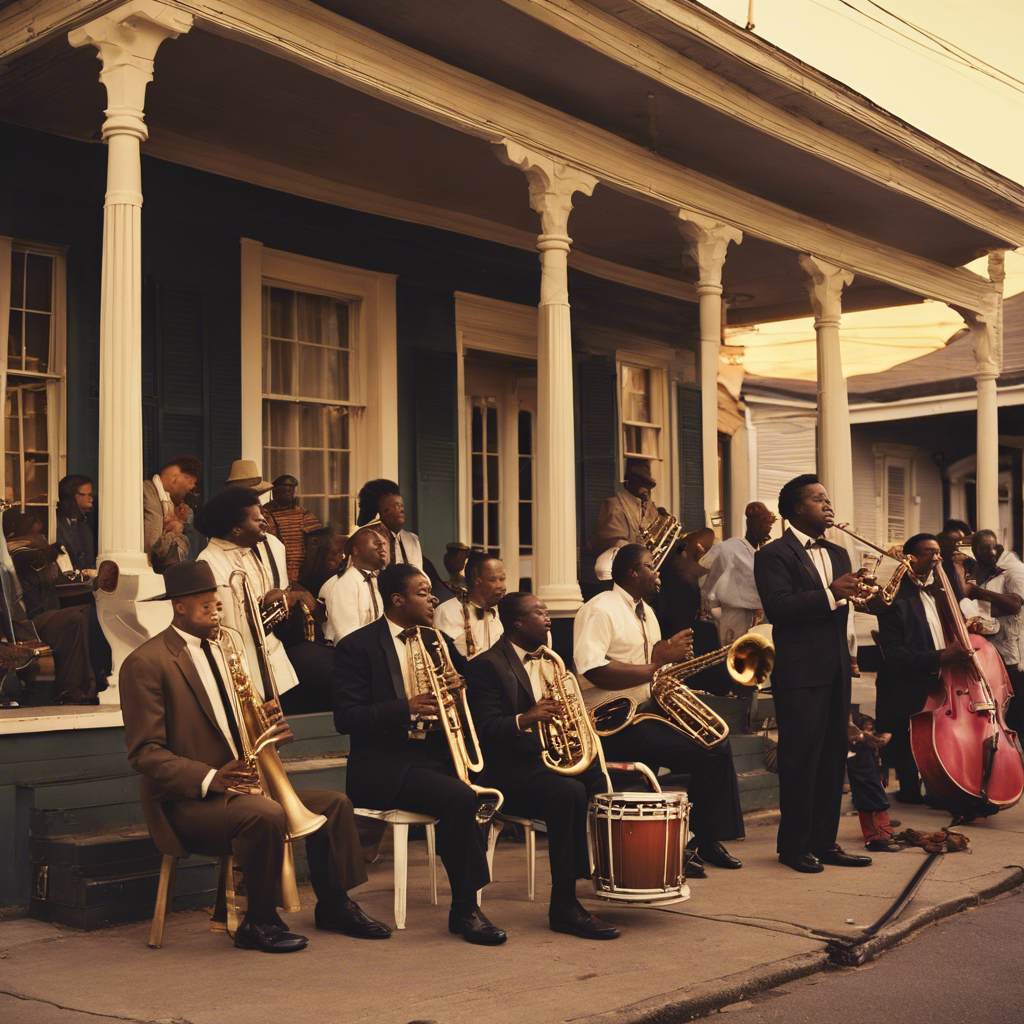What is the origin of jazz music?
The Birth of a Unique Sound
Jazz music, a fusion of traditional and folk music styles, originated in the southern United States in the late 19th and early 20th centuries. Born out of the African-American struggle and resilience in the face of slavery, segregation, and hardship, jazz developed as a distinct musical form, shaped by diverse influences and societal factors. The history of jazz is deeply intertwined with the history of African-American life and culture, reflecting the community’s experiences, emotions, and collective spirit.
Early Influences
The evolution of jazz music was influenced by various styles, including:
- African rhythms and musical traditions, brought to the Americas through the transatlantic slave trade
- European instrumentation and formal structures, particularly from classical music and opera
- African-American spirituals, work songs, and field hollers, rooted in folk traditions
- Blues music, emerging in the late 19th century as a distinctive style of African-American music
The Emergence of Jazz in New Orleans
Considered the birthplace of jazz, New Orleans played a pivotal role in the development of this new musical style. The city’s unique cultural environment, shaped by African, French, and Spanish influences, created a fertile ground for innovation and experimentation. In the late 19th and early 20th centuries, jazz music in New Orleans was characterized by:
- Improvisation and spontaneous creativity, driven by the diverse musical traditions and skills of local musicians
- Multicultural exchange and collaboration, as musicians from different racial and ethnic backgrounds came together to create new sounds
- The use of traditional African-American musical instruments, such as the saxophone, trumpet, and trombone
The Spread of Jazz
From its humble beginnings in New Orleans, jazz music spread rapidly across the United States, influenced by the migration of African-Americans to urban centers in the North. The rise of jazz was facilitated by the growth of cities like Chicago, New York, and Los Angeles, which offered new opportunities for musicians and the development of new styles.
Key Figures in Early Jazz History
Some notable musicians and composers who contributed to the early development of jazz include:
- Buddy Bolden, a cornet player credited with creating the first jazz band in New Orleans
- Jelly Roll Morton, a pianist and composer who wrote some of the earliest jazz compositions
- Sidney Bechet, a soprano saxophonist who became one of the first jazz musicians to gain international recognition
- Louis Armstrong, a trumpeter and singer who helped popularize jazz music worldwide
A Legacy of Innovation and Expression
Over the years, jazz music has continued to evolve, branching out into various styles and sub-genres. From swing and bebop to Latin jazz and free improvisation, the jazz tradition has remained a powerful force in American music, reflecting the creative spirit and emotional depth of its African-American origins.














Post Comment